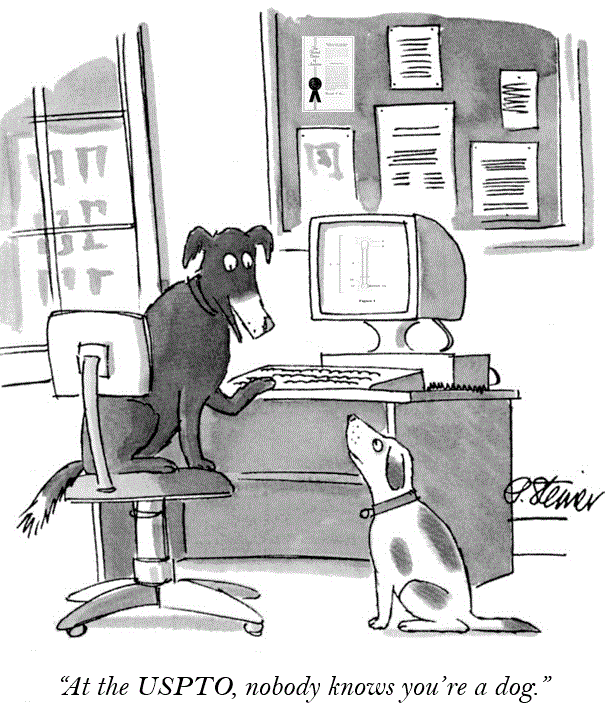 The UK Supreme Court yesterday rejected a bid by computer scientist Stephen Thaler to patent several inventions churned out by an AI he claims to own.
The UK Supreme Court yesterday rejected a bid by computer scientist Stephen Thaler to patent several inventions churned out by an AI he claims to own.Thaler used his "creativity machine," known as DABUS, to invent a food and drink container along with a light beacon. When he tried to file the patents, the UK Intellectual Property Office rejected his application, stating that it couldn't register DABUS as the inventor because it's not human. Thaler took his case to the UK Supreme Court, which today upheld the ruling from the UK IPO.
The UK Supreme Court says its ruling does not answer "the broader question of whether technical advances generated by machines acting autonomously and powered by AI should be patentable." Instead it only addresses whether Thaler can file these patents using the country's Patents Act of 1977. But since that law requires an inventor to "be a natural person," DABUS doesn't qualify here.
Thaler also tried to patent DABUS's inventions in the US, but was rejected by the US Patent and Trademark Office. The US Supreme Court then declined to hear his appeal.
Thaler's lawyer tells that the ruling "establishes that UK patent law is currently wholly unsuitable for protecting inventions generated autonomously by AI machines and as a consequence wholly inadequate in supporting any industry that relies on AI in the development of new technologies."